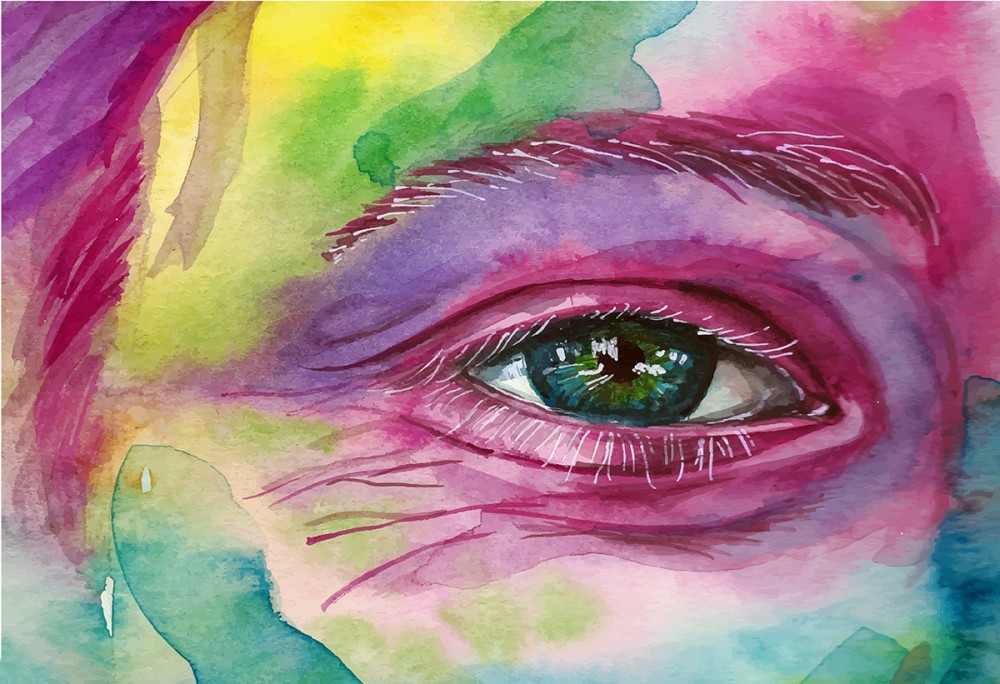“Why didn’t Jesus come as a woman?” asked my daughter
I didn’t know how to answer, but I do know that the gendering of God has real-world consequences.

First, three recent snapshots from my life.
One evening this fall, my college-aged daughter looked up from her homework and asked, “If God really cares about expressing solidarity with the least powerful, most oppressed people in the world, why didn’t Jesus come as a woman?”
When I told my spiritual director that I’m struggling to pray, she gave me a song: Bobby McFerrin’s “The 23rd Psalm.” In it, the shepherd is female, and every male pronoun has been changed accordingly: “She restores my soul. . . . She sets a table before me.” Months later, I have to be careful where I listen to these lyrics. Every time I do, I burst into tears.




